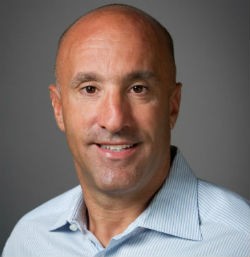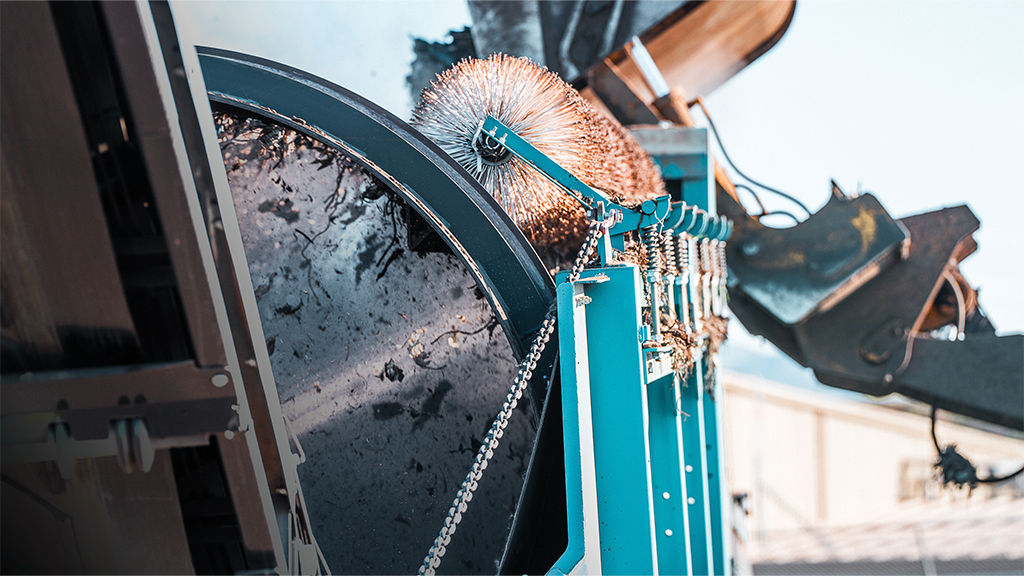
In 2009, San Francisco became the first local municipal ordinance in the United States to universally require source separation of all organic material, including food residuals. Since then, cities, counties and a handful of states have passed similar legislation requiring commercial facilities that generate large amounts of waste to either send the source separated food waste to an authorized recycling facility or to utilize alternative “on-site” diversion technologies moving the food waste out of landfills. Several emerging technologies are not only helping generators comply with these legislations initiatives, but they are making an impact on how we address the problem of waste around the globe.
BioHiTech’s on-site food waste diversion technology, its Eco-Safe Digester, is being utilized by many commercial facilities including food service companies, restaurants, grocery stores and corporations not only because the environmental benefits result in carbon footprint reductions, but also because the solution has proven to be cost-effective as well as scalable. The digester utilizes a proprietary blend of microorganisms to break down food until soluble, where it is then flushed into the sewage system. Delivering the liquid effluent through disposal pipes to municipal Wastewater Treatment Plants that utilize Anaerobic Digestion (AD) allows the effluent to be turned into energy to power the plant itself. However, not all Wastewater Treatment Plans are equipped with AD technology which is why BioHiTech is offering an add-on technology in the form of a pump and tanking system to collect the effluent so that it can be transported for use as a feedstock for AD.
Since the Eco-Safe Digester is at the point of waste generation, it acts as the first step in the anaerobic digestion process called hydrolysis, making the AD process already more efficient. Because the aerobic digestion process begins with the breakdown of solid organics to a liquid slurry, the effluent is able to be either transported through the sewage system or easily tanked, pumped and transported, arriving at the AD facility in a “predigested” condition allowing for efficient feedstock transfer and eliminating the need for costly processing at an AD facility.
This effort combines two highly attractive emerging technologies introducing another effective way to recycle food waste. But while making renewable energy from food that can’t be eaten is admirable it merely manages the symptoms and does not address the food waste problem.
Prevention avoids the unnecessary production, transportation or storage of food offering considerable social, environmental and economic benefits and should be the first priority for the effective management of food waste. But without data on those wasteful practices changes can’t be made.
The Eco-Safe Digester is not only an aerobic digester capable of aiding in the recycling of food waste but is also a prevention solution that does not require any new technology process in order to be implemented. As food waste is added to the digester, an on board scale weighs and catalogs each item that is added. The data is immediately shared with the company’s BioHiTech Cloud and within seconds messages, alerts, and analytics are communicated from the digester to the customer offering an enormous opportunity for improvement.
The analytics of what is being wasted, by whom, in which department or from which supplier, offers a great level of efficiency and potential to create less waste. A disposal technology that includes waste analytic software to track, monitor and analyze kitchen waste will identify what changes need to be made in order to prevent and lower overall waste levels.
With a mindful eye on the legislative climate surrounding food waste and its subsequent disposal savvy businesses are already embracing emerging technologies to help them reduce waste and improve the waste disposal process. While there exists significant efforts and solutions that recycle large amounts of food waste the greatest value is through prevention.
Company info
80 Red Schoolhouse Road Suite 101
Chestnut Ridge, NY, NY
US, 10977
Website:
biohitechglobal.com



